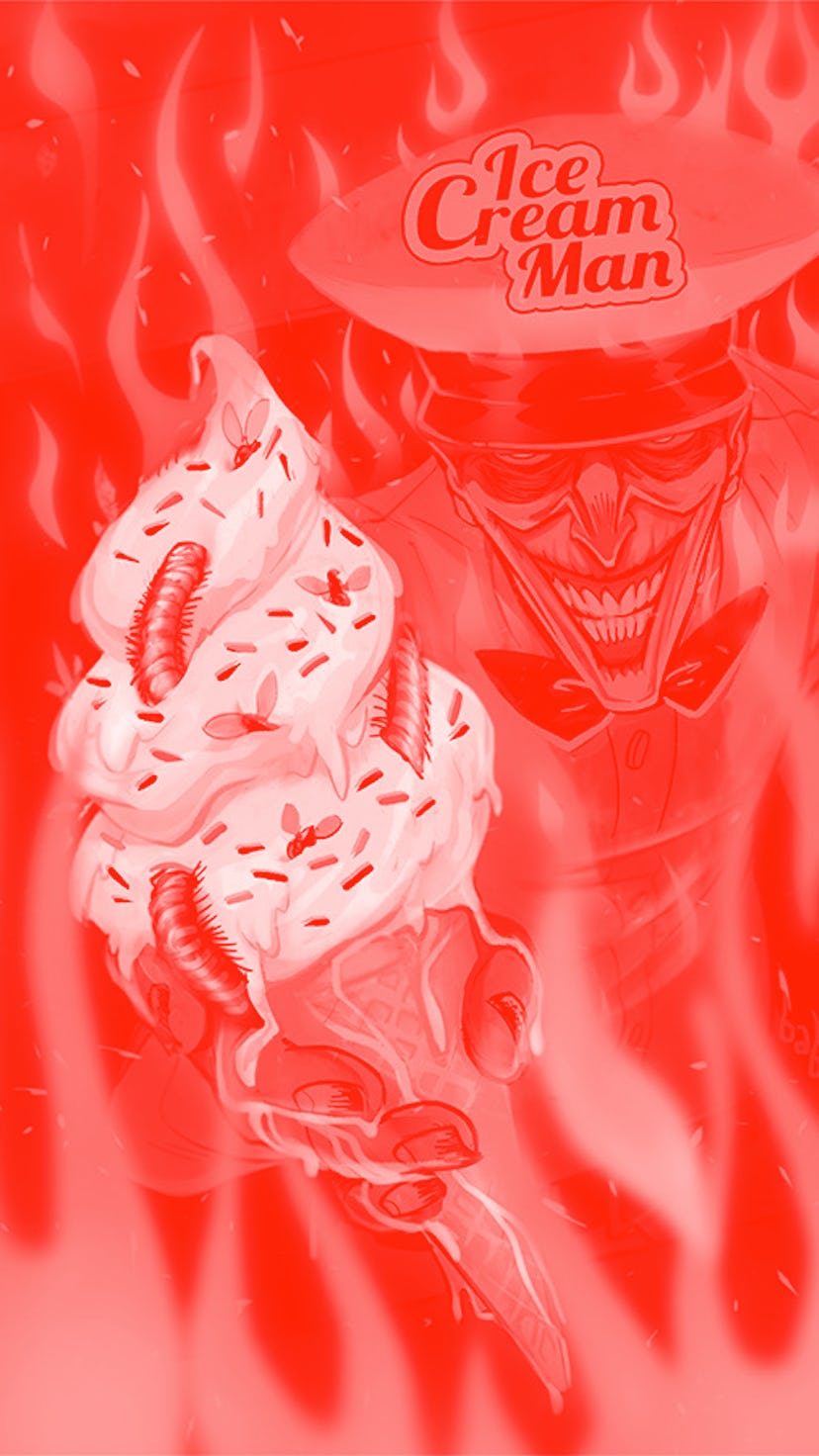At this point, ‘Squid Game’ needs no introduction.
Since its release on Netflix exactly one month ago today, the dystopian thriller has transcended from fiction series to global cultural phenomenon; it’s likely the streaming service’s most successful release ever, becoming so popular Netflix may even be sued over the strain its surging traffic has caused on the internet infrastructure in some regions.
But as you probably already know, it’s kind of... messed up.
The concept of televising human desperation for some (paying) outsider’s entertainment isn’t new, though that’s not to say it’s any less effective with each iteration. If anything, it only grows more relatable with time, as our lives become increasingly public and wealth gaps widen.
Everything has become commodifiable entertainment, sometimes at the expense of real people.
The anthology comic series written by W. Maxwell Prince applies a magnifying glass to our everyday horrors. As publisher Image Comics puts it, “Chocolate, vanilla, existential horror, drug addiction, musical fantasy… there's a flavor for everyone's misery.”
It is a stunning work both conceptually and visually, perfectly rounded out by art from Martín Morazzo and color by Chris O'Halloran.
While I could go on and on about the genius of this series, there’s one installment in particular that I can’t stop thinking about right now in the wake of Squid Game: Chapter 11, also known as TV Story.
The story, published in 2019, walks us through the suddenly televised life of 34-year-old Will Parson. He’s described at first as a “writer” and “confused” — and, as for the latter, it’s easy to see why.
Parson’s being forced to partake in a series of reality and game shows, each more horrifying than the last. He’s not entirely sure how he got there but the cameras are already rolling. And quitting is not an option.
The inspirations behind Prince’s twisted scenarios are instantly recognizable, from The Bachelor to Chopped to Keeping Up with the Kardashians. But what he does with these materials is something else entirely. It quickly slips into the grotesque, injecting death and gore into a television model we’ve come to know intimately.
You’ll laugh at the absurdity of it all — and kind of feel like a terrible person for doing so.
If you liked the kind of horror Squid Game is serving up, you really ought to check out Ice Cream Man. Chapter 11 can be found in the third volume of the series, Hopscotch Mélange, which collects issues 9-12. But, you might as well go ahead and read them all. You may even see a bit of yourself in there.
“... On the periphery of all of them, like the twinkly music of his colorful truck, is the Ice Cream Man — a weaver of stories, a purveyor of sweet treats. Friend. Foe. God. Demon. The man who, with a snap of his fingers-lickety split!-can change the course of your life forever.”
Image Comics
